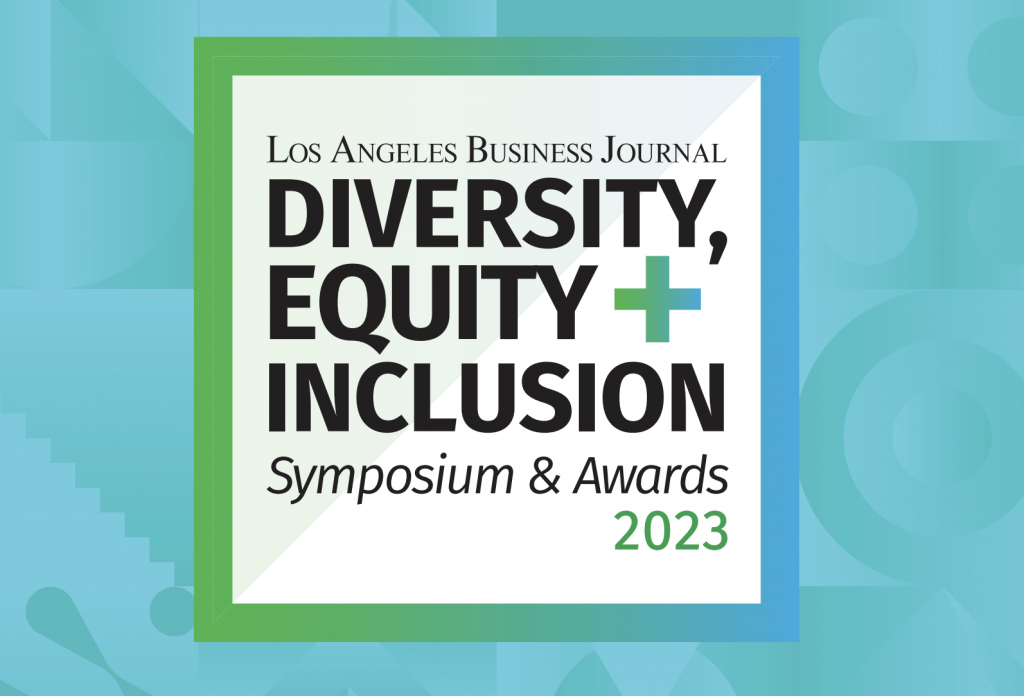By Julee Brooks, Andres De La Peza
Efforts to advance the workplace to be more reflective of our society are more prevalent now than ever before. Organizations around the country have committed to DEI (or JEDI which adds Justice to the umbrella) in various ways, often resulting in the creation of committees, commitment/values-statements, or designated roles or departments to ensure the various perspectives of employees are considered and incorporated into organizational actions and decision-making. These moves are most visible and illustrate a great philosophical commitment to JEDI.
But as the goal of JEDI is to create a sense of safety – physically, emotionally, and socially – for all employees, how staff are treated, how they are seen, and how they are made to feel on a daily basis, more accurately defines our level of commitment. In short, JEDI is a PRACTICE.
Therefore, a commitment to JEDI is a collective responsibility that becomes part of an organization’s DNA so it can weather natural shifts, changes, and transitions over time.
Woodcraft Rangers was founded in LA in 1922 as a response to youth agencies that were segregated by gender, race, religion, or income. As a result, Woodcraft opened its doors so all youth regardless of these identifiers, would have a place where they belonged. JEDI principles were an inherent element of Woodcraft’s foundation and continue to serve as North Star as it enters its second century of community service.
Today, Woodcraft Rangers conducts decision-making at all levels through a JEDI lens, a commitment that is a daily practice and is persistent within all its staff. We acknowledge that some of this work can be unique to an organization’s specific context, but we also believe there are some general guiding principles that are universal good practices.
Here are a few actions that Woodcraft Rangers has taken to establish a foundation of justice, equity, diversity, and inclusion:
- We consider experience and skills over education pedigree. It’s now well-documented that college attainment rates vary widely by zip code with communities of color trailing their white counterparts by a significant margin. Furthermore, 57 percent of Native Americans and 52 percent of Hispanic students were enrolled in community colleges (higheredtoday.org). So if we required four-year degrees or were romanced by “elite” institutions, we would be inherently drawing from a shallow pool of candidates.
- We support employees in their long-term goals even beyond when they will work for us. Our employees are given access to an internal program that offers guidance for career and college planning within and beyond the organization. We also offer paid academies for employees interested in becoming site supervisors and regional managers. Investing in employee life success contributes to a sense of security and belonging. We know our employees have goals beyond their time as our employee and we believe that when we honor the person before the job, we create lifetime fans of our agency, regardless of their tenure.
- We continually evaluate – and fix — pay disparities. Woodcraft conducts compensation audits to ensure parity within and across departments. We also proactively increase comparable positions when elevating others without any request from those employees, recognizing that some individuals may feel less confident to advocate for themselves.
- We let go of yesterday’s rules. Relaxing dress codes lessens financial burden and removes stress for employees who don’t feel comfortable in a three-piece suit (most of us). Offering flexible work schedules and self-determined hybrid options allow employees to balance caregiver roles and can create safe spaces for neurodiverse staff. Allowing cameras off in routine internal meetings may mean people can focus on outcomes rather than worrying about appearances. Set clear goals and monitor them, but realize that norms evolve, and performance is not dependent on them.
This work is a constant process of learning and growth and when challenge ultimately occurs, our teams must be prepared to respond. Leadership must be aware of the realities and intersections their staff have and are experiencing, and must create accountability for people, spaces, and behaviors that infringe upon any person’s safety, whether intentional or not.
JEDI requires practice and this means acknowledging that it must be responsive; it will grow weaker or stronger depending on our attention to it. At Woodcraft Rangers we believe that when our attention to JEDI is high, everyone benefits.

